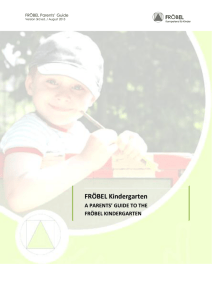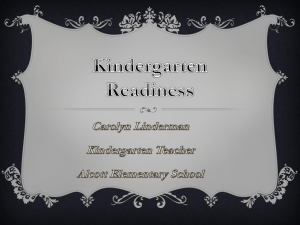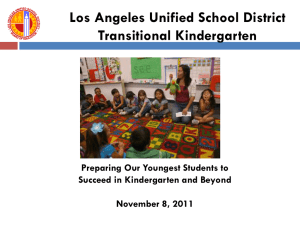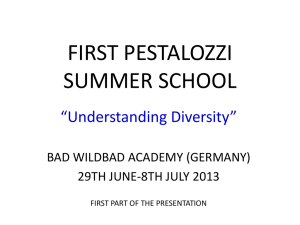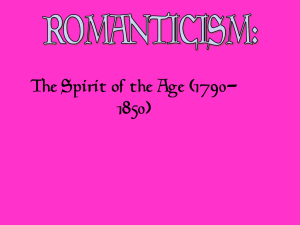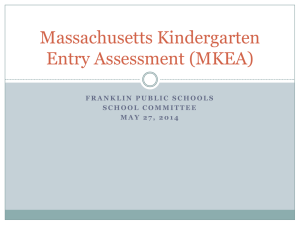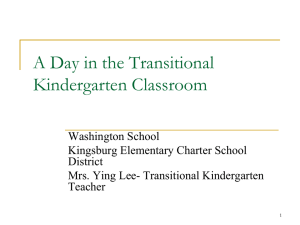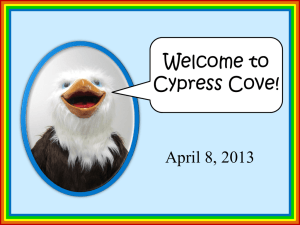Friedrich Fröbel Power Point
advertisement
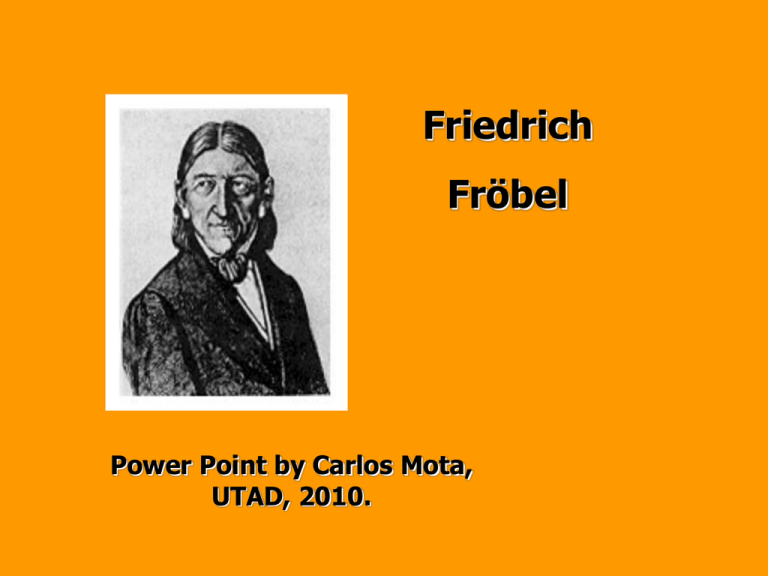
Friedrich Fröbel Power Point by Carlos Mota, UTAD, 2010. Born in 1782 at Oberweissbach, Thuringia At 9 months was motherless. His father was a Protestant minister. Fröbel moved to his uncle's home in Stadtil In 1801 he attended courses in Science, Philosophy, Architecture and Mineralogy In 1805 he studied Architecture Live to Frankfurt In 1799 he visited his brother at the University of Jena Became a disciple of Pestalozzi He visited Yverdon Back to Yverdon in 1808 to study the method of Pestalozzi. In 1813 he voluntarily enlists in the war fighting in the Prussian army against Napoleon's France. In 1816 he returned to his homeland. He then dedicated himself to the education of his nephews Educational Institute, applied at Homestead Keilhau In 1826 he publishes "The Education of Man" In 1837 he founded the first kindergarten crucial milestone in the History of Education in the West. In 1848 there was a political revolution in Germany. The German government prohibited the existence of Kindergartens. In 1852, Fröbel, very uncomfortable with that law from the German government, dies. After his death the Baroness MarenholtzBulow disseminates his work in Europe. In 1861, the Kindergartens could return to work in Germany. In 1892 was founded a kindergarten with his name: Fröbel, Kindergarten. Fröbel was the first person that used toys for educational purposes. He idealized systematic resources for children to express themselves: the building blocks that were used by children in their creative activity, paper, cardboard, clay and sawdust. He was concerned in observating children and understanding their development. To Frobel humans develop according to these steps: 1- Childhood; 2- Infancy ; 3- Puberty; 4- Youth; 5- Maturity Tours to the mountains and valleys were made weekly at school with Fröbel. In his view, nature had enormous power to help children to understand herself and others. The appreciation of hiking as a form of study would constitute a dash of pedagogical movement known as "New School". Note that the "study tours" are still widely used as pedagogical activity of great importance. In his “Education of Man” from 1826 • Fröbel states that "education is the process by which an individual develops a self-conscious human condition, with all their power running track and harmoniously in relation to nature and society. Moreover, it was the same process by which humanity as a whole, originally had risen above the animal and will continue to grow until their present condition. It involves both the individual and the universal evolution. " Main categories of educational conceptions of Friedrich Fröbel The pupil must be treated according to his dignity as child of God, within a climate of understanding and freedom; the educator is required to comply with the pupil throughout his integrity. The education of children takes place through three types of operations: action, playing, work. The great task of Education is to help man to know himself, to live in peace with Nature and in union with God. It's what he called “integral education”.This conception of human being is deeply religious. Contemporary features of his work: Even today his work continues accurate. Fröbel was the first educator to emphasize the toy, the playful activity, to grasp the meaning of family in human relations. For him, for example, the story told by teachers must be told the child "not only in their own language, but through songs, representations, figures, or construction of simple objects with paper, clay or other material." The brighter Fröbel’s idea that contributed more to modern pedagogy was that human beings are essentially dynamic and productive and not merely receptive, "Man is a self-generating power and not a sponge, absorbing knowledge from abroad." • Power Point by Carlos A. M. G. Mota, 2010. • http://www.utad.pt/en/departments/hss/ educational_sciences/teaching_staff.ht ml
